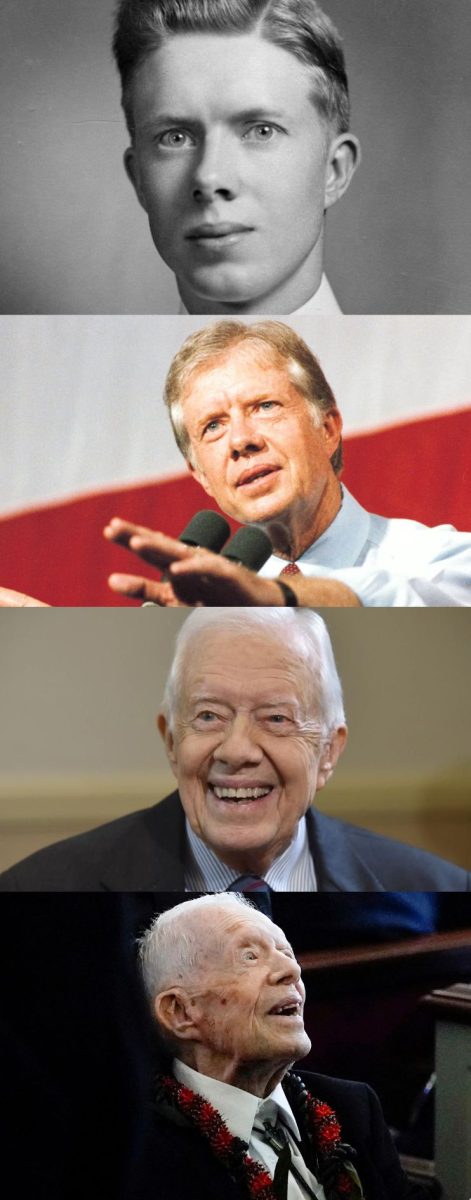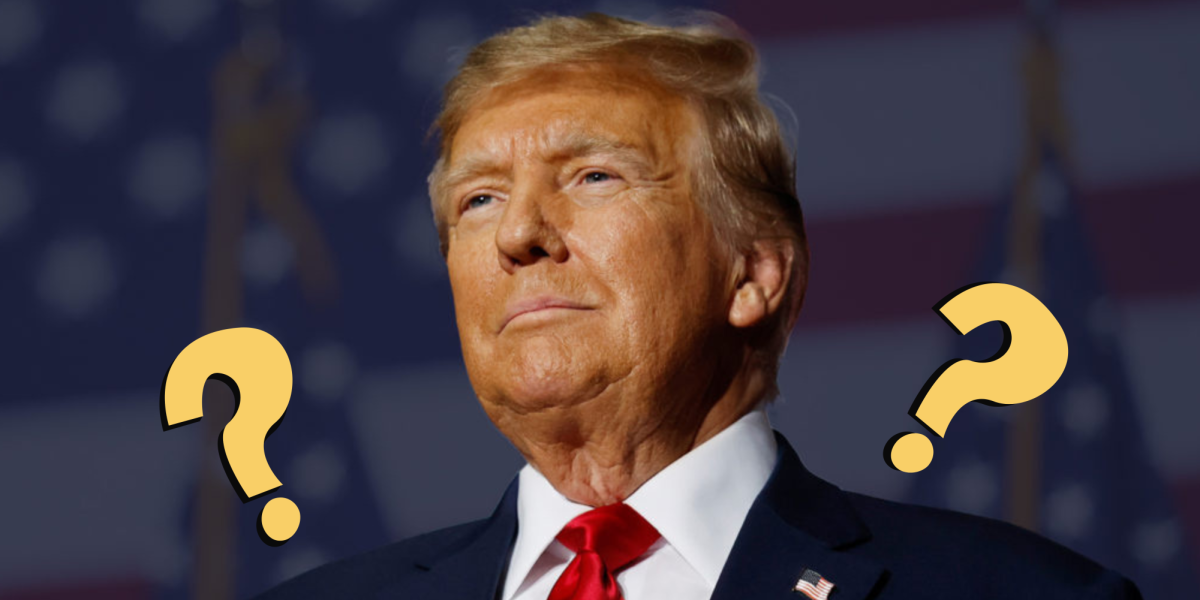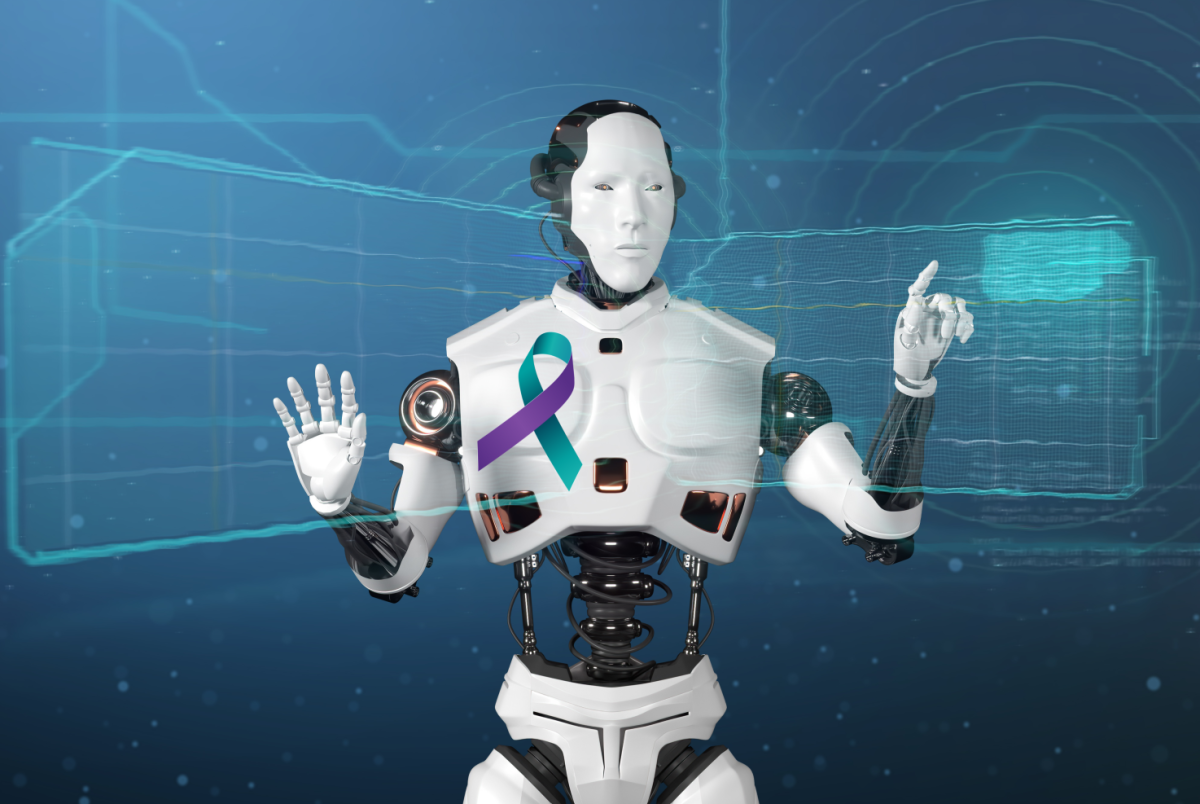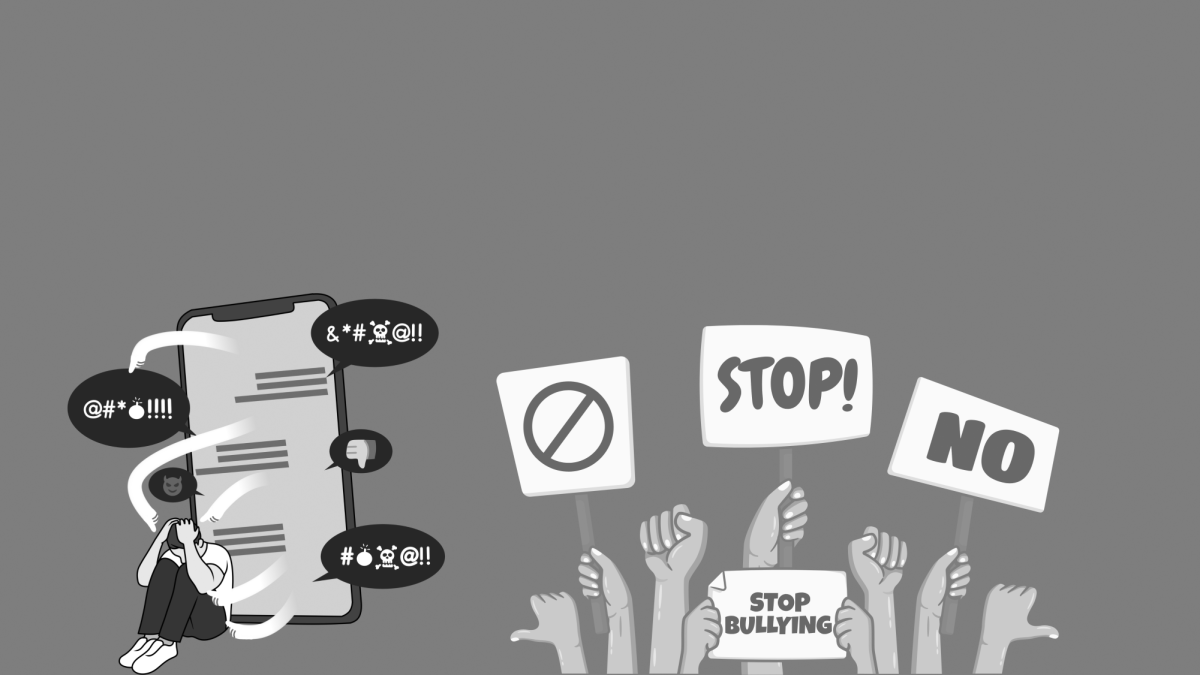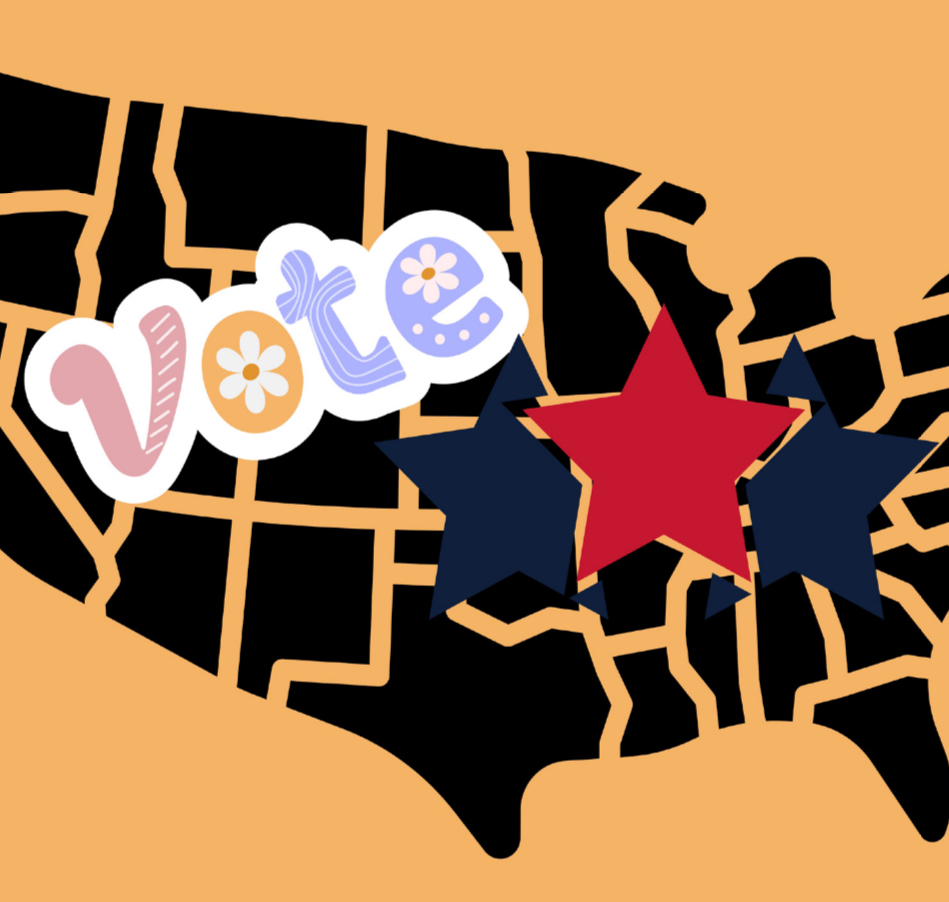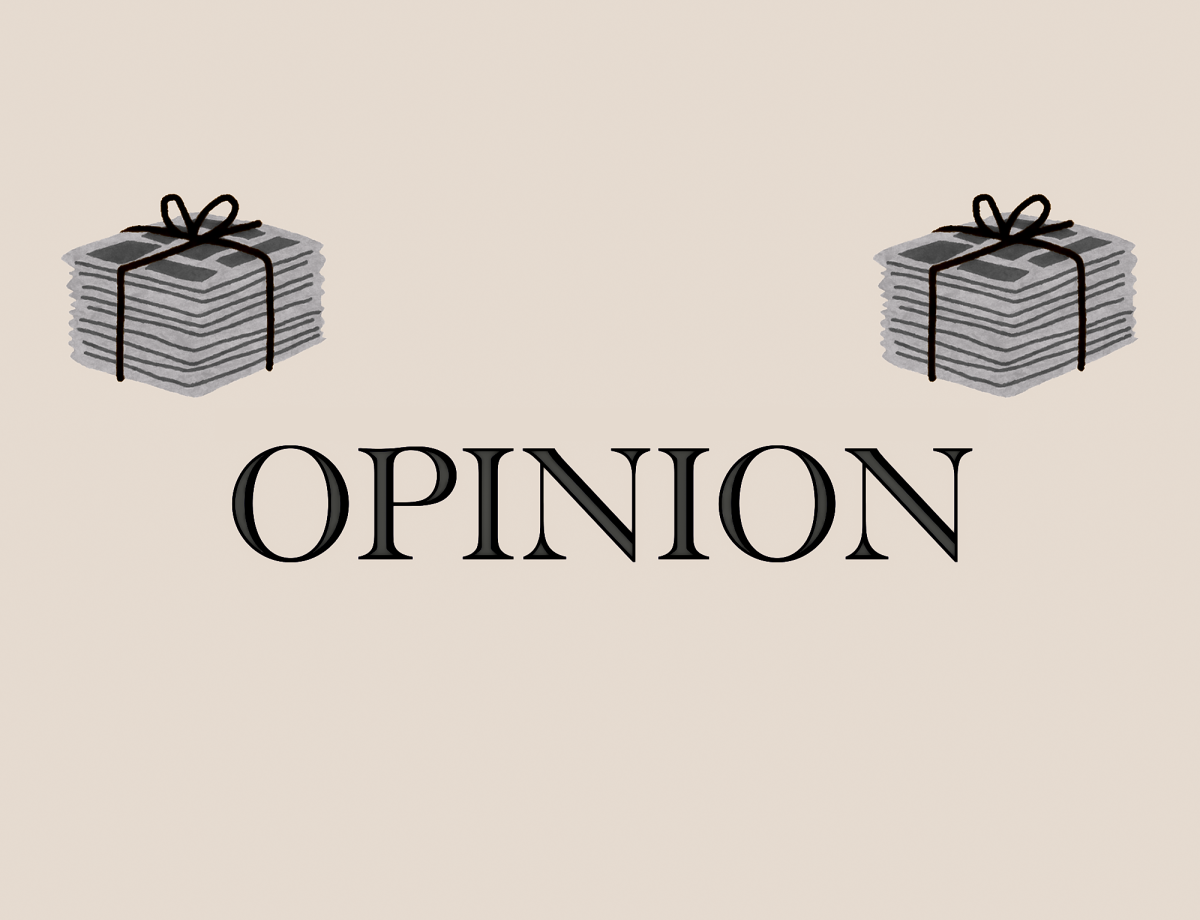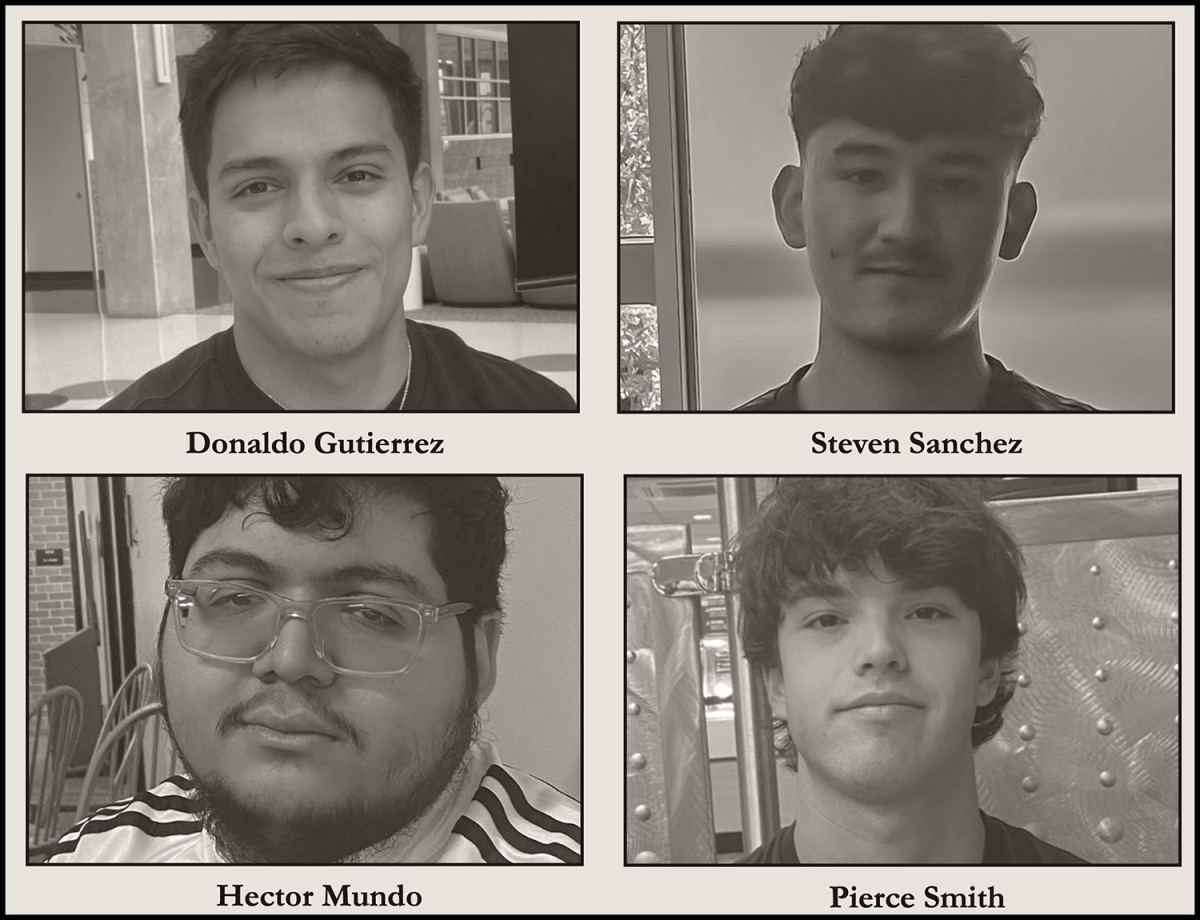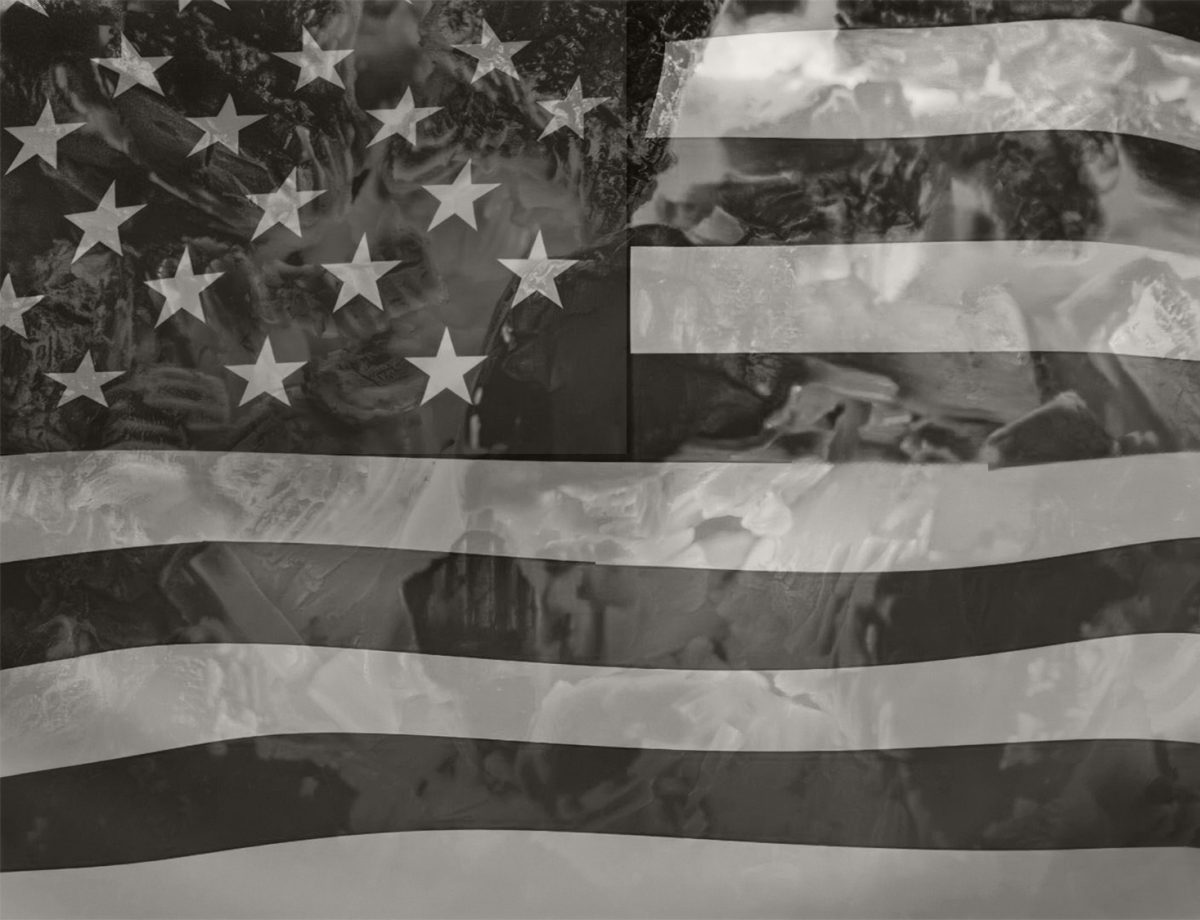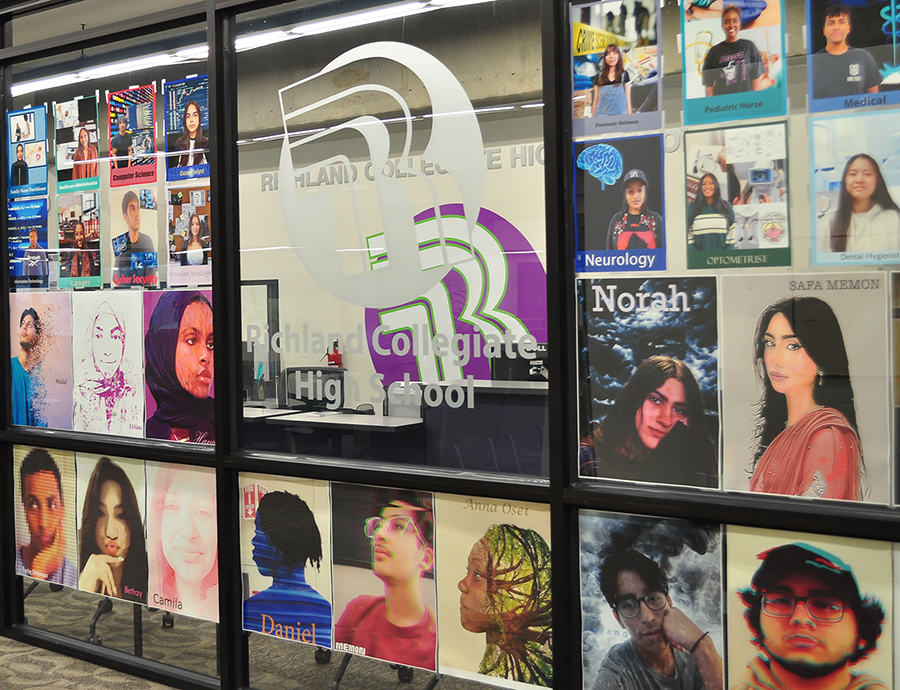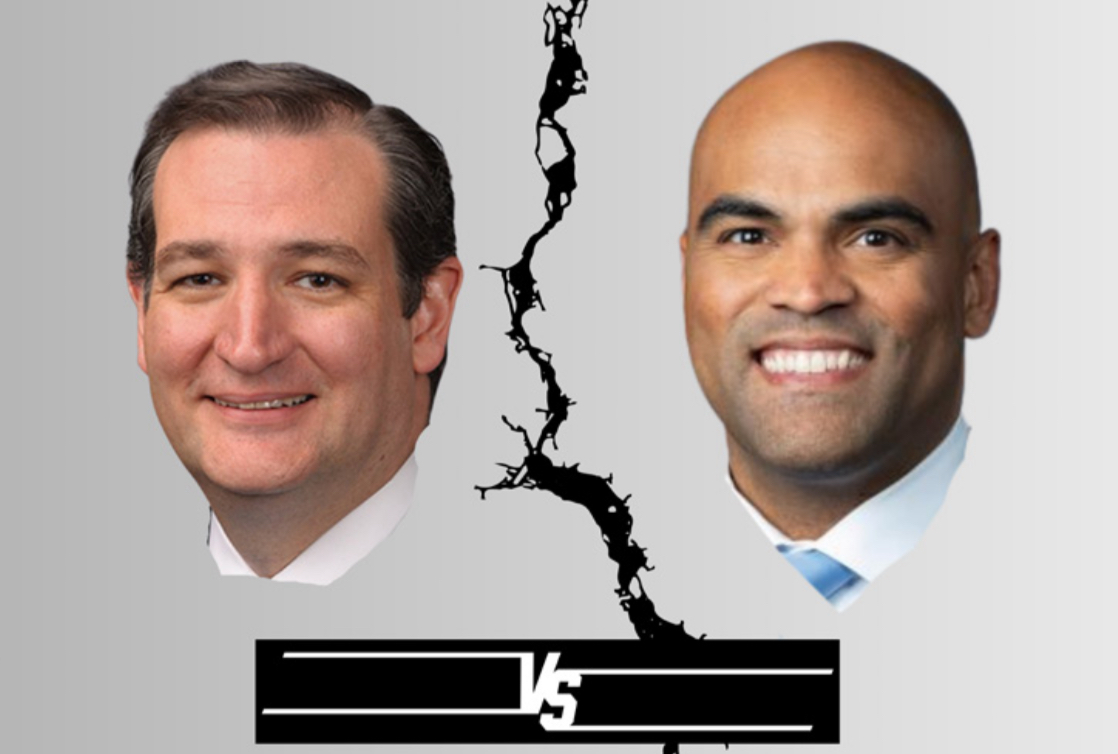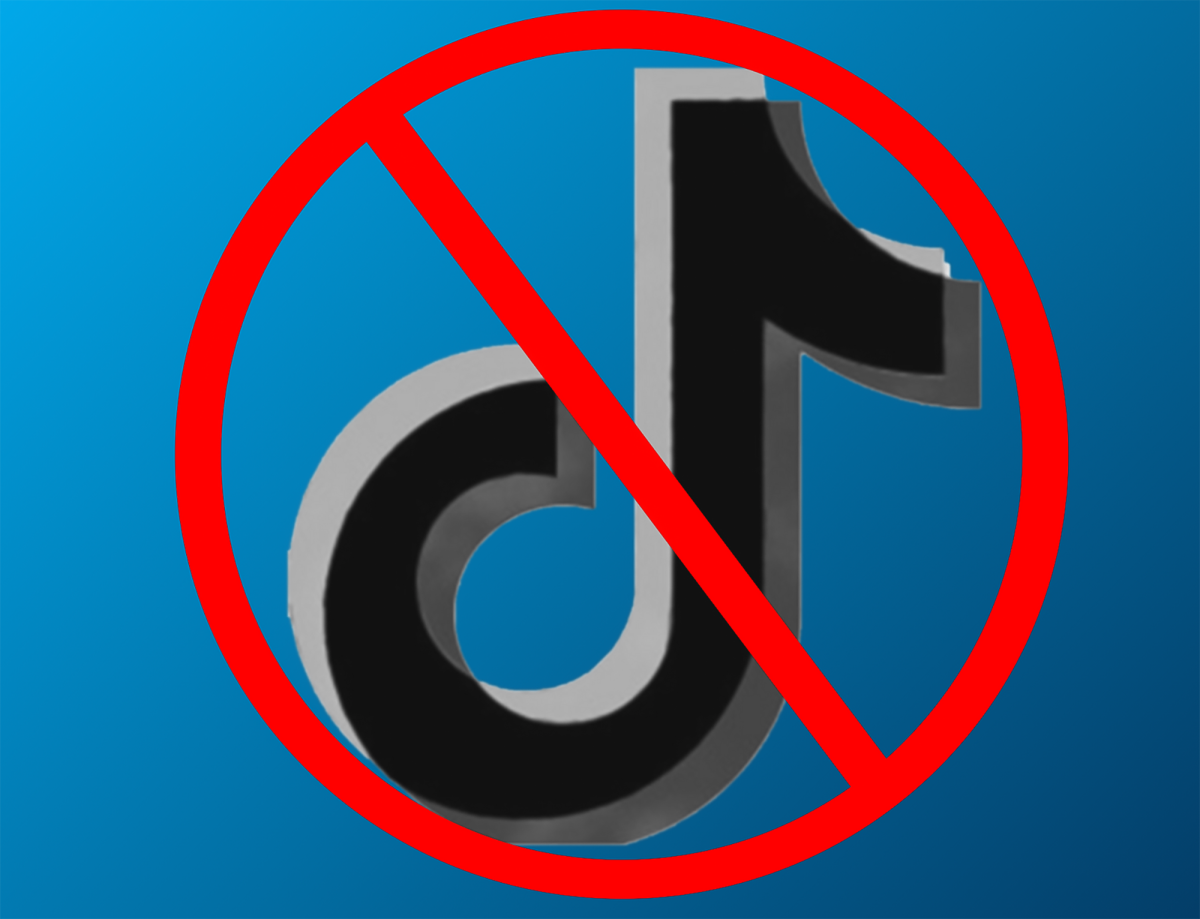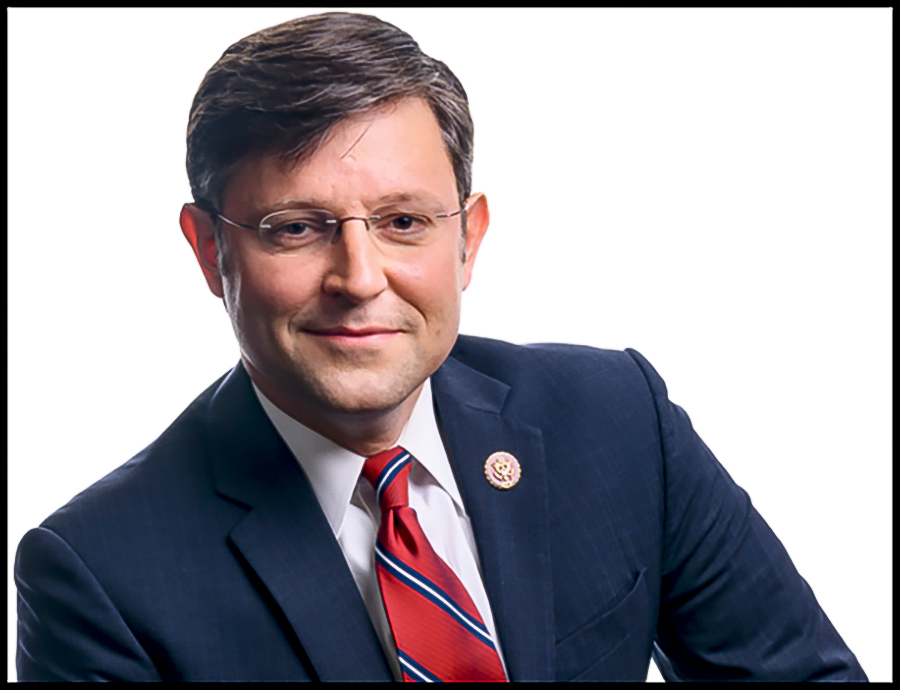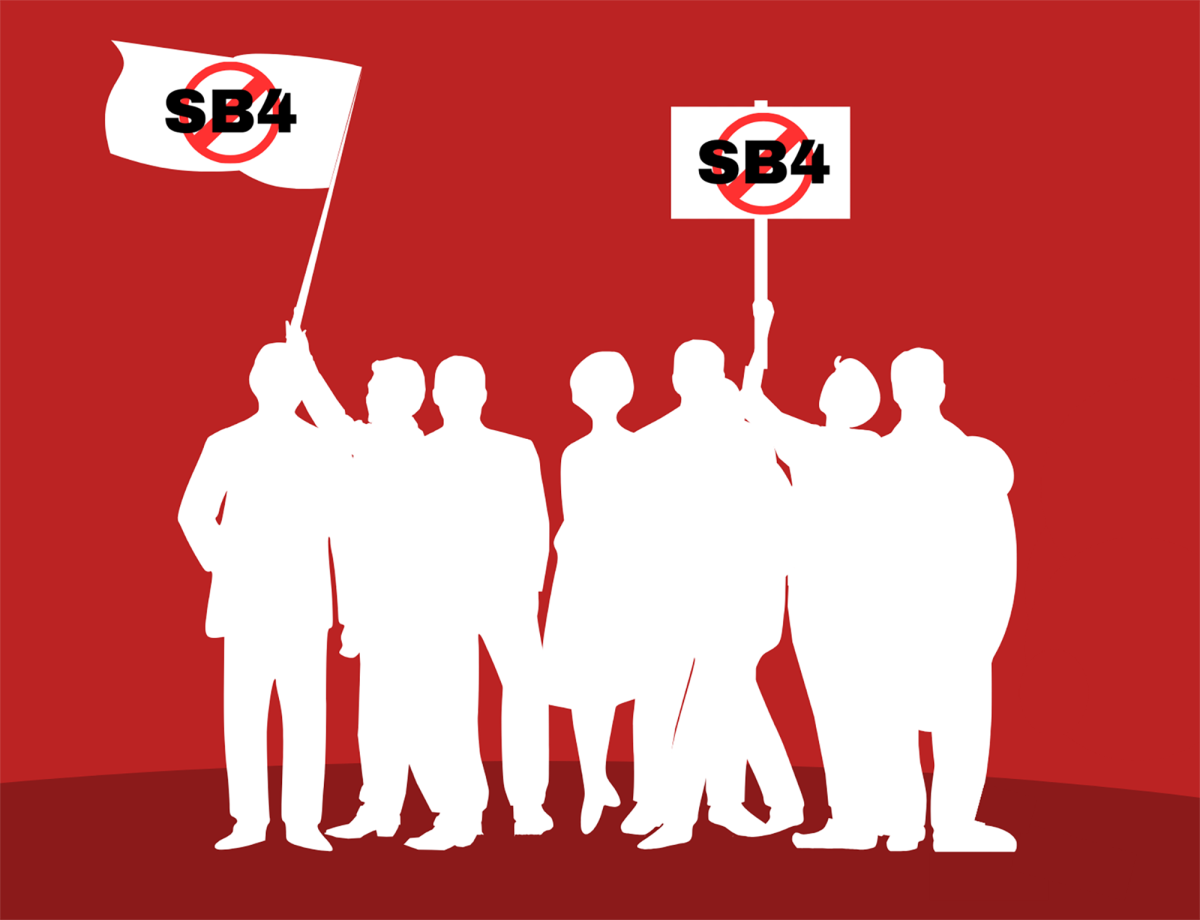The situation in Venezuela is becoming increasingly unsustainable. Elections, which under normal circumstances should be a pillar of democracy, have become a manipulated process reflecting the country’s deep political and social crisis. Instead of serving as a tool to express the people’s will, elections in Venezuela have been used by President Nicolás Maduro’s regime to maintain and reinforce its hold on the office. At the same time, a great majority of Venezuelans are crying out for a change in the status quo.
On July 28, the people of Venezuela and international observers witnessed what is considered the largest and most blatant electoral fraud in the country’s history, perpetrated by the current government. Maduro, Venezuela’s president since 2013, has consolidated an authoritarian government in recent years.
There are two main candidates in these elections. Maduro and the relatively less known opposition candidate Edmundo González Urrutia, who was chosen after current opposition leader María Corina Machado was banned from participating in elections. Preliminary results from early exit polls and later 81.8% of the original polls printed by the voting centers indicated a significant victory for González, with over 63% of the votes in his favor, compared to 30% for Maduro. These numbers were re-analyzed the day after the elections.
However, the official figures announced by the National Electoral Council (whose chairman is officially part of Maduro’s party) were completely different and seemingly distorted. On election night, the council declared Maduro the winner with 51.2% of the votes, compared to 44.2% for González, and 4.6% for each of the other three third-party candidates, which somehow add up to 109.2%. These results that remain unsupported by electoral records. Various governments and international organizations, including the U.S. Secretary of State , have voiced concerns that “the results announced don’t reflect the will of the Venezuelan people” and pushed for the publication of the records, which have yet to be released by the council.
To understand Maduro’s hold on power, it’s essential to look back at the origins of Chavismo, a political ideology based on the figure of Hugo Chávez. Chávez attempted to seize power in a failed coup d’etat in February of 1992. , Chávez was imprisoned, but later exonerated, and the presidency in 1998. Under his rule, Chávez modified laws and the Constitution to allow for indefinite re-election, laying the groundwork for an authoritarian regime that Maduro inherited after Chávez’s death in 2013. During this time Machado emerged as a key opposition figure, fighting to restore democracy in Venezuela through her civil organization, Súmate; Spanish for “Join up.”
Machado, described by The New York Times as “the most detested adversary of the Venezuelan government, a young woman with a quick wit and relentless determination,” stands as a symbol of resistance and hope for millions of Venezuelans. That includes those who fled the country and those who remained seeking to reclaim democracy. Despite the regime’s attempts to silence and discredit her, Machado has proven to be a strong and committed leader in the fight for a free and democratic Venezuela.
Why is Urrutia the candidate and not Machado? Essentially, the Venezuelan government has control over all public institutions and banned her from participating in the elections. Although she couldn’t become the opposition party’s candidate, she has solidified her political image so much over the years that she was able to propose another candidate whom the Venezuelan people would follow, Urrutia, who was endorsed by Machado and is the real winner of the elections.
While Venezuelans expected some kind of foul play after experiencing similar results in the past couple of decades, most people also expected a change this time around. After the current electoral fraud, Venezuelans took to the streets demanding a transparent and honest process that reflects the popular will. So far, these protests have been encountered with repression, persecution, forced disappearances and the arbitrary detention of more than 2,000 people, including minors and the elderly, in just under three weeks.
To date, over 20 people have been killed by armed forces, with thousands more having their human rights outright violated. The government has intensified censorship, including the arbitrary inspection of smartphones, communication channels and the detention and torture of those who vocally oppose the regime. The government has started searching house by house for opposition party election witnesses, and government supporters are reporting pposition members to be taken to torture centers. It may sound exaggerated to some, but to others, this is the closest a government in Latin America has been to the Nazi regime back in World War II Germany.
Machado, though disqualified from running for president, remains a symbol of resistance and hope for millions of Venezuelans, and her support for Urrutia has been crucial in the continued struggle. However, the situation remains critical, and international support is essential to prevent electoral fraud from becoming normalized and to ensure a better future for the country.
Voices outside Venezuela play a crucial role in amplifying awareness of the situation. However, even from abroad, the government’s strategy is to threaten those who publish content against it by targeting their family and friends still in Venezuela. The fight for democracy in Venezuela is real and urgent, and it requires the determined support of all those who believe in freedom and justice.
Discussing what is happening in Venezuela is vital to addressing the humanitarian and political crises, promoting democracy, supporting the opposition and fostering global responsibility. Visibility and discussion of these issues can drive a positive change and thus help alleviate the suffering of millions.


